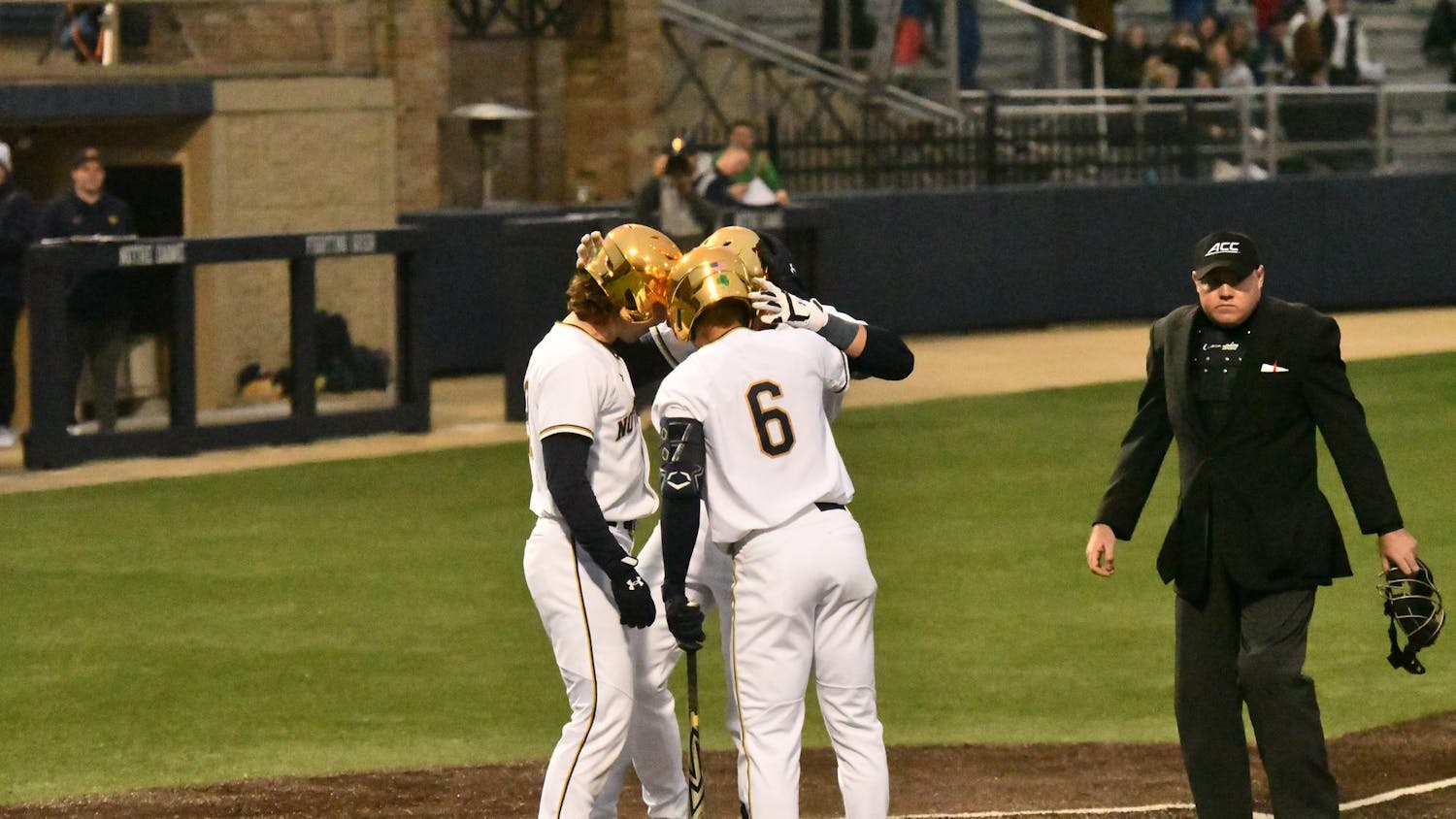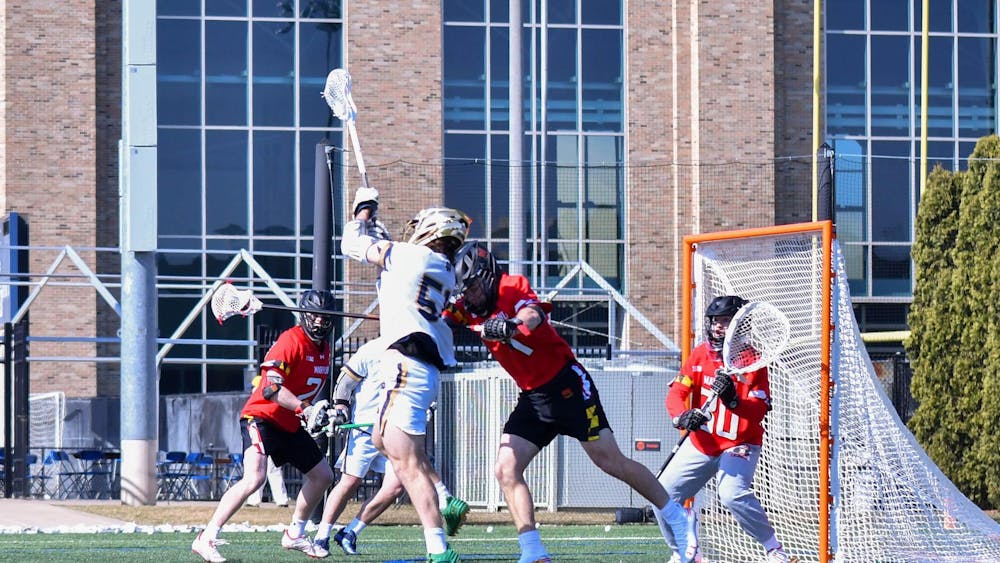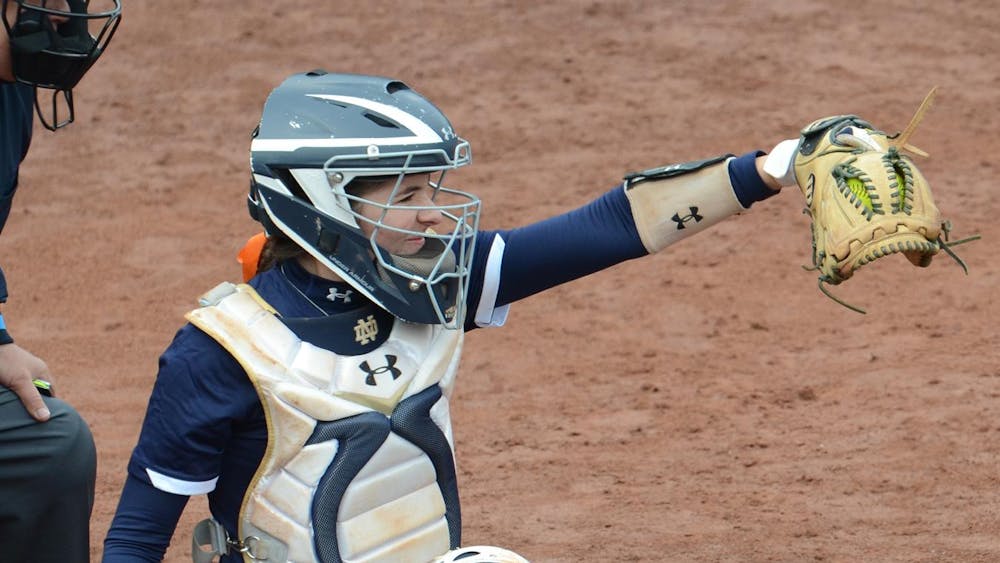There’s nothing — not just in sport, but in any aspect of culture — that can unite people quite like soccer.
The sport requires no more than something vaguely round to act as a ball and two markers to act as goalposts, players don’t need to worry about speaking the same language as teammates and anyone can learn the rules with ease. It’s no surprise the sport has managed to connect people across the world like no other has.
On Christmas Day, 1914, English and German troops laid down their arms for a quick game before orders from superiors brought the game to an end. FC Barcelona, today one of the world’s largest and most successful clubs, was for many years a symbol in Spain of Catalan resistance to General Franco’s fascist regime. In 1998, France’s victorious World Cup squad became a symbol of multiculturalism and integration of people from many different backgrounds.
Today, Europe faces the challenge of the so-called “migrant crisis,” with hundreds of thousands of refugees from the Middle East, Africa and the Balkans seeking new homes across the continent. And the beautiful game is once again leading the way in bringing people together in the midst of a difficult situation.
In a nation preparing to host 800,000 refugees, German champion FC Bayern took the field for its game against Augsburg last weekend accompanied by refugee children as part of what the club described as a “symbol of integration.”
But Bayern’s work to welcome refugees to Germany was more than just symbolic. The club donated €1 million (more than $1.1 million) to related charities, while also providing German language classes, meals, soccer kits and soccer training camps to the migrants. With little to connect some of these migrants to the West — except the dream of playing for a world-renowned club like Bayern — the importance of soccer in welcoming refugees into European society can’t be overlooked.
Bayern is far from the only club playing its part in welcoming refugees, though. Within Germany, other clubs helping include Borussia Dortmund, St. Pauli and Mainz, while banners reading, “Refugees Welcome” can be seen at stadiums across the country. In Italy, AS Roma have donated $643,000 to the charity Football Cares, as well as auctioning game-worn shirts for the cause. Real Madrid has donated €1,000,000 as well, and after a suggestion from Portuguese giant FC Porto was accepted by 80 clubs, €1 from every ticket sold to a UEFA-sanctioned game will go towards migrant charities, a move that will raise tens of millions.
Even in North America, where the sport often lacks the same deep roots to communities, soccer clubs have shown their support, with Toronto FC and the Portland Timbers both among the clubs to unfurl “Refugees Welcome” banners, while two-time World Champion Mia Hamm has played her part as the spokesperson for Football Cares.
Of course, while many clubs and supporters groups have attempted to create a welcoming atmosphere, there have been those who seek to do the opposite. Fans of the French club Lyon recently unveiled a banner reading, “Refugees not Welcome” during a game. Many other incidents this year have revealed racism among soccer supporters’ groups has not gone away, so we may well see more opposition in the sport to the influx of migrants as time goes on.
Of course, soccer is only a sport, and despite its religious following in Europe, the soccer world can only do so much in a time of crisis. But the impact of what has been done by the likes of Bayern and Roma, and perhaps many more clubs soon, should not be overlooked. The actions of these teams reminds us sport — and no sport more than soccer — can bring people together, remind us our similarities are greater than our differences and lead to greater political change. At a time when refugees are risking their lives every day to flee their homes, former Liverpool manager Bill Shankly’s famous quote about soccer rings truer than ever:
“It isn’t a matter of life and death. I can assure you it’s much, much more important than that.”













